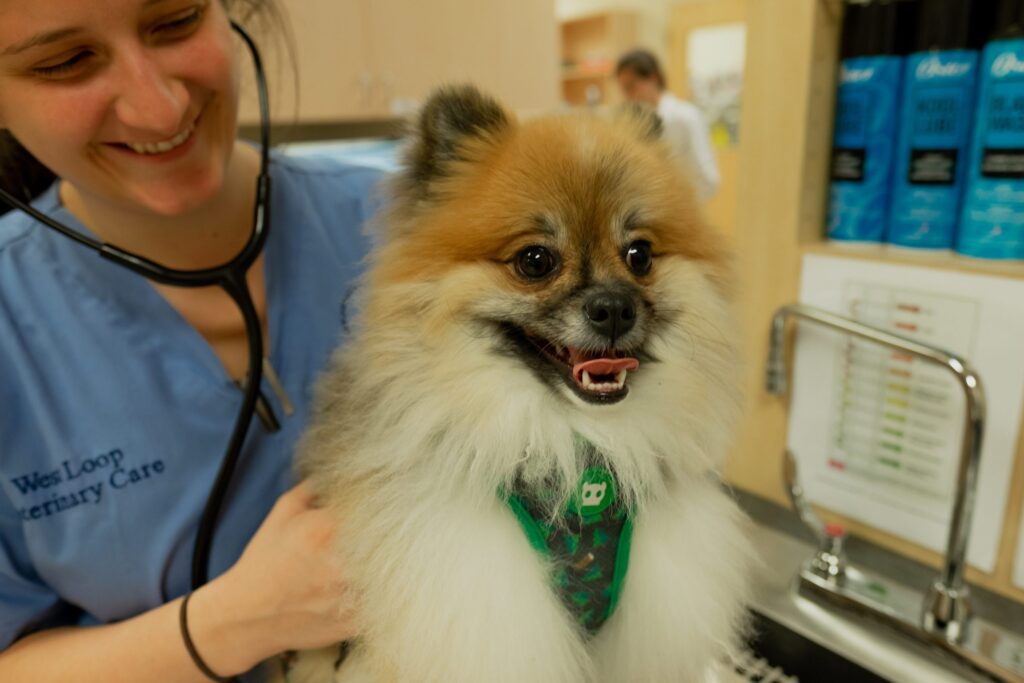Pet Dental Health


Dental health is closely linked to your pet’s overall health and happiness. Caring for your cat or dog’s dental hygiene can extend the length and improve the quality of your pet’s life. Poor dental hygiene can lead to a number of tooth and gum-related issues, including periodontal disease, gingivitis, tooth decay, broken teeth and abscesses. It can also lead to infections elsewhere in the body, including the liver kidneys and heart.
Periodontal disease is the most common dental problem in both dogs and cats. Most pets will show early indications of the disease by the time they are 3 years old. Signs of dental problems include:
- Swollen gums
- Excessive drooling
- Bad breath
- Discolored teeth or visible tartar
- Pain or sensitivity around their mouth
- Abnormal chewing, such as chewing on one side of the mouth
- Reduced appetite or refusing to eat
The best way to care for your pet’s health is through regular brushing. Our video shows you how to get your pet accustomed to having their teeth brushed https://youtu.be/18AzaS044S8. Our technicians can also assist in showing you the proper way to care for your pet’s teeth.
Pets may not cooperate initially, but you can gradually introduce it into their schedule. Daily tooth brushing can help reduce the build-up of tartar, which begins to form in just 24-hours. Be sure you use toothpaste intended for pets as human toothpastes may contain ingredients that are toxic to cats and dogs.
In addition to brushing, there are other products that can assist with dental care, including teeth wipes, dental chews, water additives and kibble specifically geared to improve dental health. Talk to your veterinarian about your options if you are unable to brush your pet’s teeth. Your veterinarian can recommend the products most appropriate for your pet’s situation.
West Loop:
(312) 421-2275
Streeterville:
(312) 766-5959
